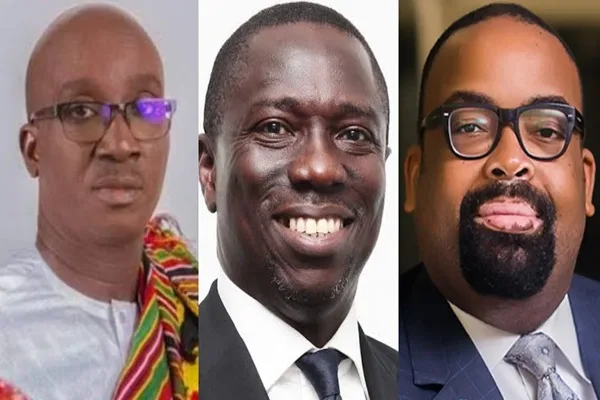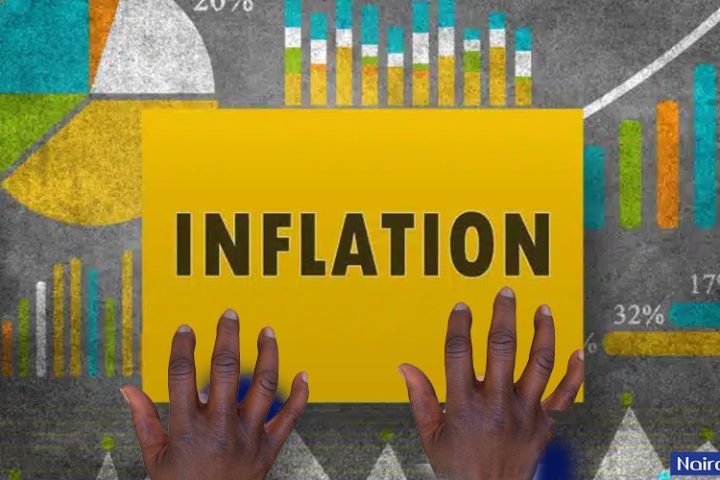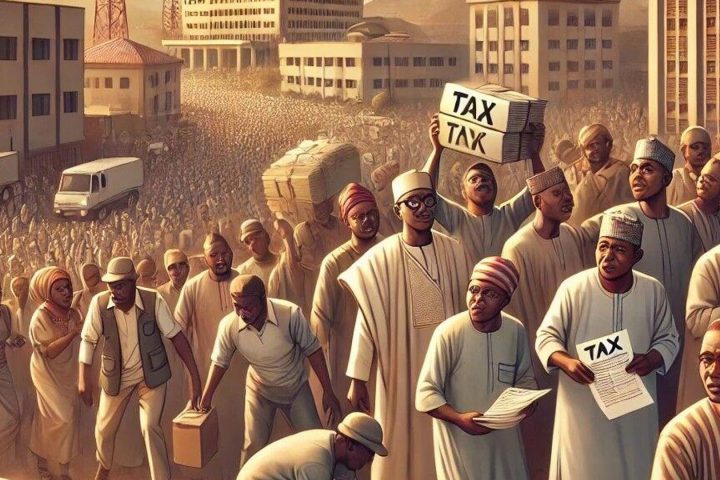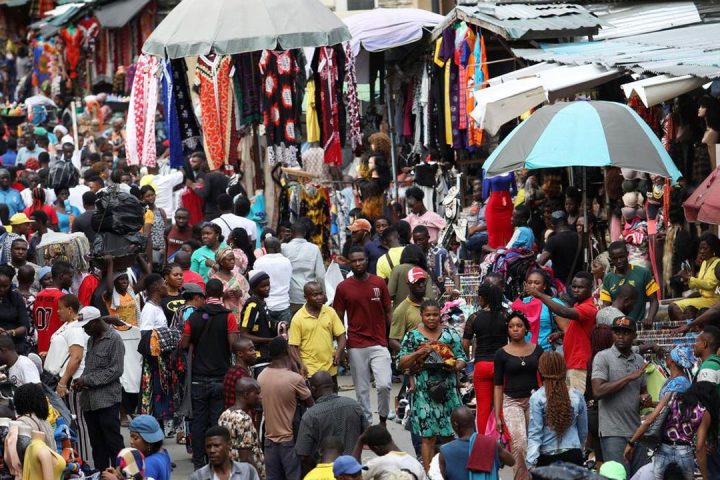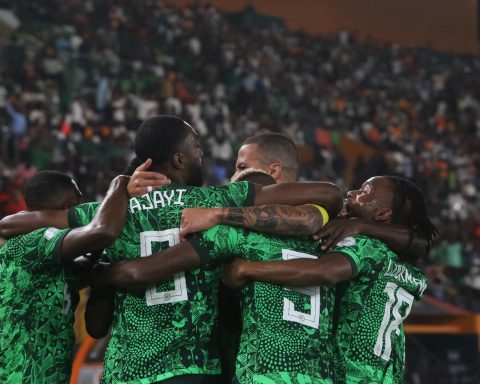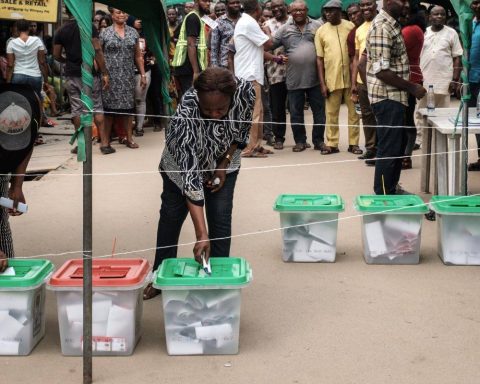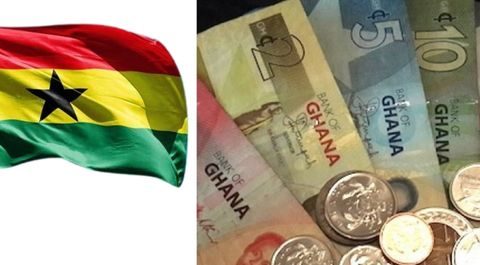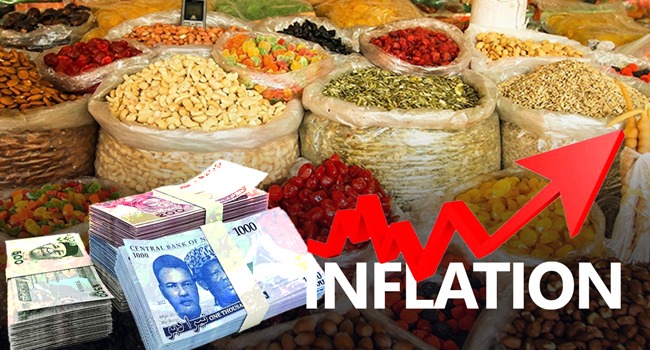The Stage is Set for the Election
There is a palpable anxiety in Edo State as voters elect the next governor of the state from among the 17 candidates contesting for the position. The state is set to witness a high-stake election that many see as a test of Nigeria’s fragile democracy. The Edo election has captured national attention due to its potential to either strengthen democratic values or expose lingering flaws in the system.
After 25 years of democracy, elections in Nigeria are still often marred by violence, chaos, and fear. Edo’s governorship election, scheduled for Saturday, September 21, will serve as a critical reflection of the country’s ability to conduct a free and fair election under President Bola Tinubu’s administration.
Join our WhatsApp ChannelThe importance of the Edo Election cannot be overstated. It is more than just a local contest; it is a national test of democratic ideals. The electorate will vote across 18 local government areas, with hopes that their voices will be heard amidst the tension that has been building throughout the campaign period.
The Candidates and Their Stakes in the Edo Election
Seventeen candidates are vying for the governorship seat in the Edo Election, with the leading contenders being Asue Ighodalo of the Peoples Democratic Party (PDP), Monday Okpebholo of the All Progressives Congress (APC), and Olumide Akpata of the Labour Party. The race is tight, with each candidate bringing a different set of qualities to the table. However, the competition has been anything but civil, as allegations of rigging, intimidation, and violence have plagued the campaigns.
One particularly violent incident occurred in July when gunmen attacked APC candidate, Monday Okpebholo at the Benin Airport. A police officer died in the attack, and others were injured. The PDP claims that the Federal Government, using the police, is intimidating its members. The party even refused to sign the peace accord, further highlighting the mistrust and discord surrounding the Edo Election.
The Role of Security Forces in the Edo Election
As always, security forces claim they are prepared for the Edo Election. The Inspector-General of Police, Kayode Egbetokun, has deployed 35,000 officers, supported by 6,433 officers from the Nigeria Security and Civil Defence Corps, and military personnel have been called in for reinforcement. These figures suggest that the state is practically under siege for an election meant to be a peaceful demonstration of democracy.
In a statement, the Police Service Commission emphasised that officers on election duty must remain neutral and ensure peaceful voting. The military, too, under the direction of Chief of Defence Staff Christopher Musa, has promised impartiality. “We are all Nigerians here, nobody is more Nigerian than the other person,” Musa said. However, promises like these have been made in previous elections, only for the reality to disappoint. Whether the security forces will live up to their assurances in the Edo Election remains to be seen.
READ ALSO: Edo Election: Mercy Johnson’s Husband Survives Assassination Attempt Amid Political Tensions
Low Voter Turnout: A Looming Concern for the Election
Voter turnout is another major concern in the Edo Election. Although 2.62 million people are registered to vote, only 2.24 million (85.57%) have collected their Permanent Voter Cards (PVCs). Historically, voter turnout has been disappointing. In the last governorship election in 2020, only 25% of registered voters participated, down from 32% in 2016. While the COVID-19 pandemic was partly to blame for the low turnout in 2020, this year’s tension-laden atmosphere may result in an even worse turnout.
The Independent National Electoral Commission (INEC), will deploy 5,000 Bimodal Voter Accreditation System (BVAS) devices and hire 18,000 ad hoc workers to ensure smooth voting. Yet, the question remains whether these measures will translate into a robust turnout. Voter apathy, coupled with fear of violence, could see the numbers dwindle even further in the Edo Election.
Free and Fair Polls: Can Edo Election Pass the Test?
The Edo Election is not just a test for the candidates and their supporters; it is a test for the entire Nigerian electoral system. INEC has promised to ensure the transparency of the process through the use of PVCs and BVAS, but past elections have shown that these tools do not guarantee free and fair elections on their own. Elections in Nigeria are often challenged in court, and there is a fear that the Edo Election could follow this unfortunate trend if the results are not accepted by all parties involved.
There is also widespread concern about vote-buying and voter suppression. These tactics have become more common in recent Nigerian elections, and there are worries that they could mar the Edo Election as well. The security forces must be vigilant in ensuring that these issues do not derail the election process. If they fail, the integrity of the election will be called into question, and the result could lead to unrest.
Edo Election: A Civic Responsibility Amidst the Tension
Despite the challenges and the threats, the people of Edo must remember that elections are a cornerstone of democracy. Voting is not only a right but a responsibility. The Edo Election provides an opportunity for citizens to choose their leaders and shape the future of their state. Selling votes for temporary rewards only undermines the democratic process and hinders long-term development.
The electorate must participate in the Edo Election despite the tension and fear. A low voter turnout will not only weaken the legitimacy of the winner but also send a dangerous message about the state of democracy in Nigeria. The people of Edo must rise above the challenges and vote for the candidate they believe will bring about positive change.
The Future of Edo Lies in the Election’s Outcome
The Edo Election is more than just a contest for political power; it is a reflection of Nigeria’s democratic values and processes. It is a test of whether democracy can thrive in a system plagued by violence, mistrust, and voter apathy. With the promises made by security forces and INEC, there is hope that this election will be different. However, history suggests that much more needs to be done to ensure a free, fair, and peaceful election.
As the people of Edo head to the polls, the outcome of the Edo Election will determine not just the future of the state but the trajectory of democracy in Nigeria.
Emmanuel Ochayi is a journalist. He is a graduate of the University of Lagos, School of first choice and the nations pride. Emmanuel is keen on exploring writing angles in different areas, including Business, climate change, politics, Education, and others.

